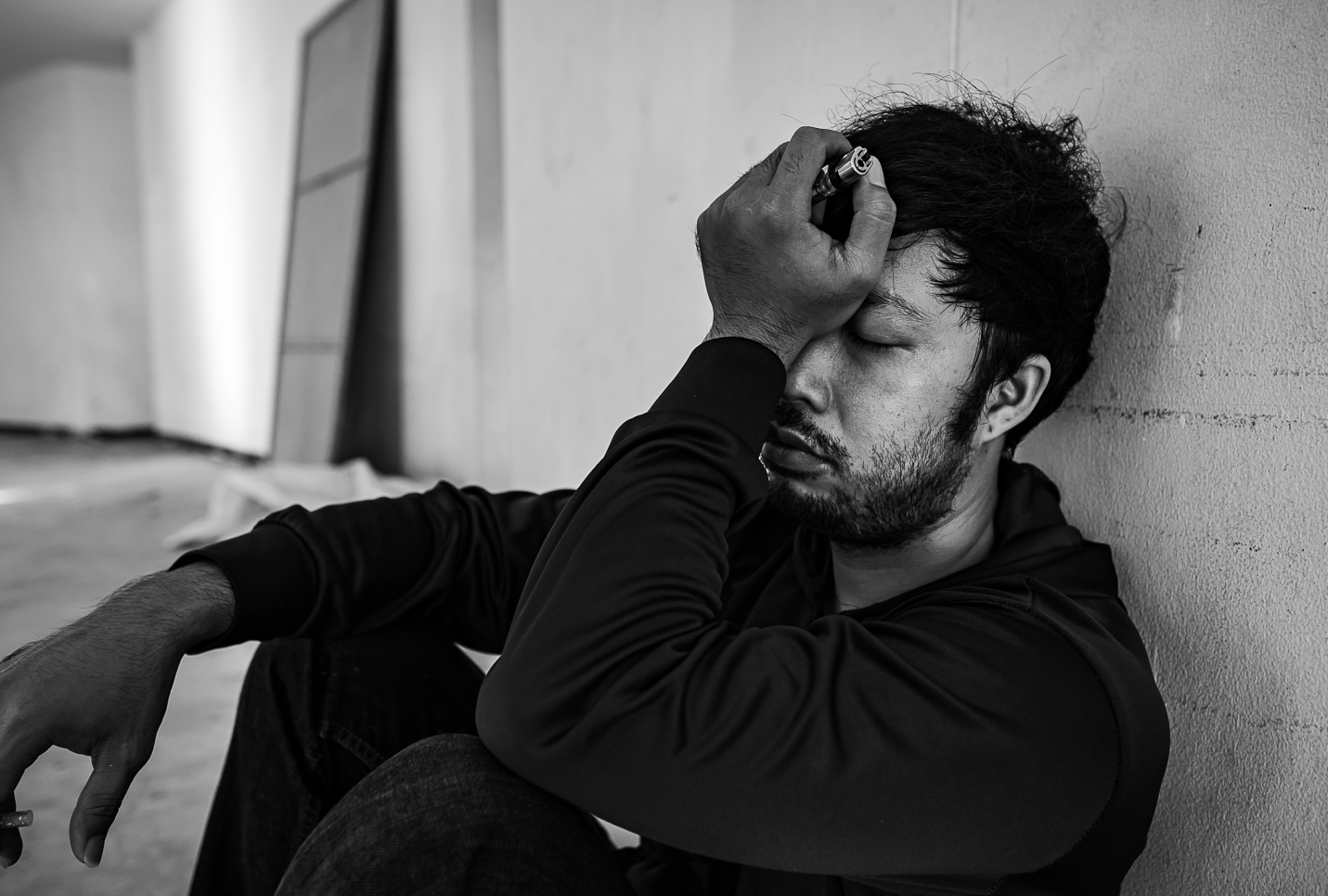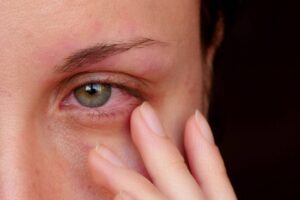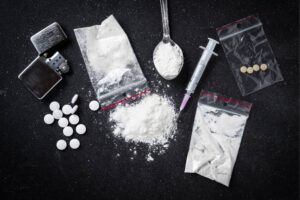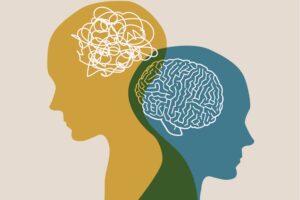Many people in the United States will come across cocaine in their lifetime. Though not everyone will take it, it can develop into an addiction for some. Using cocaine often occurs earlier in a person’s life, with it being considered a party drug.
About 1.5 million people in the United States over 12 are estimated to have cocaine use disorder. Its prevalence in media and accessibility to it makes it a very dangerous drug, as the dangers of it aren’t always made clear.
Cocaine’s glorification in the media can bring about a misunderstanding of the drug, its high risk of addiction, and the damaging effects that it can have. To help someone that is struggling with a cocaine addiction, you should be aware of the different signs to look out for.
To learn more about cocaine use and the signs that someone is misusing it, read below.
What Is Cocaine?
Cocaine is a highly addictive drug known to be more expensive than other street drugs. It is often referred to as “blow” or “coke” and is usually snorted to achieve the high. The federal government classifies it as being highly addictive with a high dependency risk.
Cocaine is a stimulant that is classified as a Schedule II drug due to the dangers it can cause. People that use cocaine often do it while partying and are more likely to use alcohol with it, which can cause even more problems.
When using cocaine, a person might experience a heightened sense of euphoria and pleasure. Cocaine stimulates the part of the brain that rewards us for good behavior, so it can become addicting quickly.
Once your body has experienced cocaine, it might become dependent on the feeling and crave more. Even after just one use, a person might begin to seek out more and mortoto achieve the same high.
Signs of Cocaine Use
When a person is using cocaine, they might show signs of the usage. It might not be obvious at first, but the more time you spend with them, the more you will be able to see it.
Cocaine use is often associated with a higher class and way of life, with many people being really good at holding jobs and maintaining families while in deep addiction. It’s not always apparent that someone is struggling with cocaine use, but the signs become clearer over time.
Every person will have their own story regarding their cocaine abuse, so no two people will display the same signs. It’s important to check in on your family and friends if you think they are struggling to give them the support they might need.
Physical
Some of the first signs of cocaine use you might pick up on are physical ones. Cocaine use can take a toll on a person’s physical health, and those close to the person might be able to see how their body and face change.
Some of the physical signs of cocaine use that you may notice are:
- Nosebleeds
- White powdery residue left on the nose and mouth
- Burn marks on a person’s hands or lips
- Lack of hygiene (not showering, brushing teeth, or combing hair)
- Intense weight loss
- Change in eating habits
- Sleep-related issues
- Dilated pupils
- Runny nose
- Damage to nasal passages
- Difficulties swallowing
- Loss of sense of smell
- Increased bursts of energy
A person may stop looking like themselves, with more of a gaunt appearance, when misusing cocaine. They might feel weaker and easily fatigued when not actively using the drug.
Mental
Cocaine use also impacts your mental health and increases your chances of mental illness. If you are someone that already struggles with mental health-related issues, using cocaine can make them worse or cause flare-ups.
Specifically, when you are coming down from a cocaine high, you can become deeply depressed and experience mental turmoil.
Some other mental health signs that someone is struggling with their cocaine use are:
- Mood swings
- Increased anxiety
- Depressive episodes
- Delusions
- Hallucinations
- Paranoia
- Irritability
People using cocaine may think they are on top of the world but do not realize that their mental health is slowly declining as they continue their abuse. Seeking treatment that works on your addiction and mental health struggles is often the best way to see results.
Behavioral
Cocaine changes how a person behaves. While they are using it and even when they are not, cocaine can influence a person’s behavior and make them act out in ways that are not in their character.
For many, watching a person’s behavior is the greatest giveaway that they struggle with drugs. When you know the person struggling well, the changes in their behavior are hard to ignore.
Some changes that you might notice are:
- Lying about their drug use
- Constantly asking to borrow money
- Hanging around with new people
- Withdrawing from friends and family
- Not being able to hold down a job
- Not taking care of their responsibilities
- Engaging in risky and dangerous behaviors
- Excited speech patterns
- Bizarre and violent behaviors
- Increased sex drive
- Restlessness
- Loss of interest in things they used to enjoy
- Boost in confidence
- Social isolation and a need for privacy
You know your loved one best. If you begin to notice changes in their behavior, you may want to work towards intervening and offering them your support. Dealing with a cocaine addiction can be isolating, and even though asking for help is hard, a community of support goes a long way.
Addiction to Cocaine
A person becomes addicted to cocaine for multiple reasons. No one thing leads a person to addiction or cocaine in particular. Instead, multiple factors play into why cocaine addiction has developed.
Anyone can become addicted to any substance, but there might be reasons why one person is more susceptible to the disease than others.
- Genetics: People with a parent or sibling who suffers from addiction are more likely to develop an addiction in their lifetime. When meshed with other factors, this can lead to a dangerous outcome.
- Environmental: People around drugs more, either at home or through their friends, are more likely to develop an addiction.
- Psychological: A person struggling with other mental health disorders is more likely to develop an addiction. Addiction often latches on to people at a low place in their life. If you’re struggling and looking for ways to cope, cocaine can provide a burst of energy and euphoria that feels like a reward.
- BrainChemistry: People who may not have been born with the proper neurotransmitters may be more likely to develop a cocaine addiction. This is because cocaine supplements what they lack and can help them to feel pleasure.
Seeking Treatment for Cocaine Addiction
If you or a loved one are struggling with cocaine addiction, there are treatment options out there that can help. Trying to quit cocaine alone might feel overwhelming and difficult to do without the right support system. Cocaine addiction requires you to detoxify and enter into therapy for your substance use disorder.
To see positive changes, you must take care of all aspects of your health. Therapy, detox, and being surrounded by supportive community members make the journey to addiction recovery feel less intimidating.
Soba Recovery Can Help
When you visit us at Soba Recovery Center in San Antonio, Texas, you can gain access to medical professionals and addiction specialists that want you to succeed. You are not alone when you’re at Soba. From around-the-clock care with our inpatient services or a more flexible commitment with our outpatient care, you get the care you deserve at our facility.
Cocaine addiction doesn’t have to be for the rest of your life. If you want help, you can get help! Reach out to a Soba representative to learn more about how we can help you or a loved one find their way to recovery.
Sources:
What is Cocaine? | National Institute on Drug Abuse (NIDA)
Warning Signs of Drug Abuse | Department of Mental Health & Substance Abuse Services
Understanding The Genetics And Neurobiological Pathways Behind Addiction (Review) | NCBI





